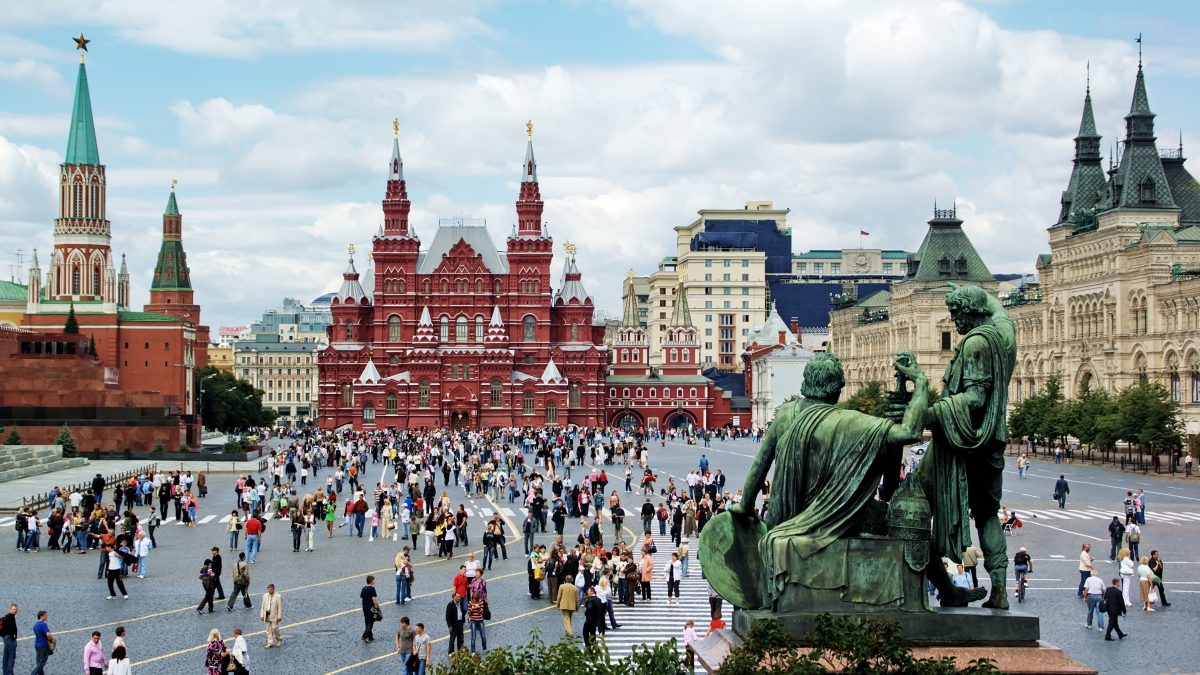Russia

As the political landscape shifted dramatically during Soviet leader Mikhail Gorbachev’s reform-minded glasnost era, The Carter Center focused global attention on human rights issues, as well as the vital role the media plays in reaching people and bringing about change.
Impact
- Awarded the Carter-Menil Human Rights Foundation prize to Soviet physicist and dissident Yuri Orlov in 1986
- Created the Commission on Radio and Television Policy in 1990

Explore Further
Global Impact Starts with You
Your support sustains the Carter Center's mission of waging peace, fighting disease, and building hope around the world.
